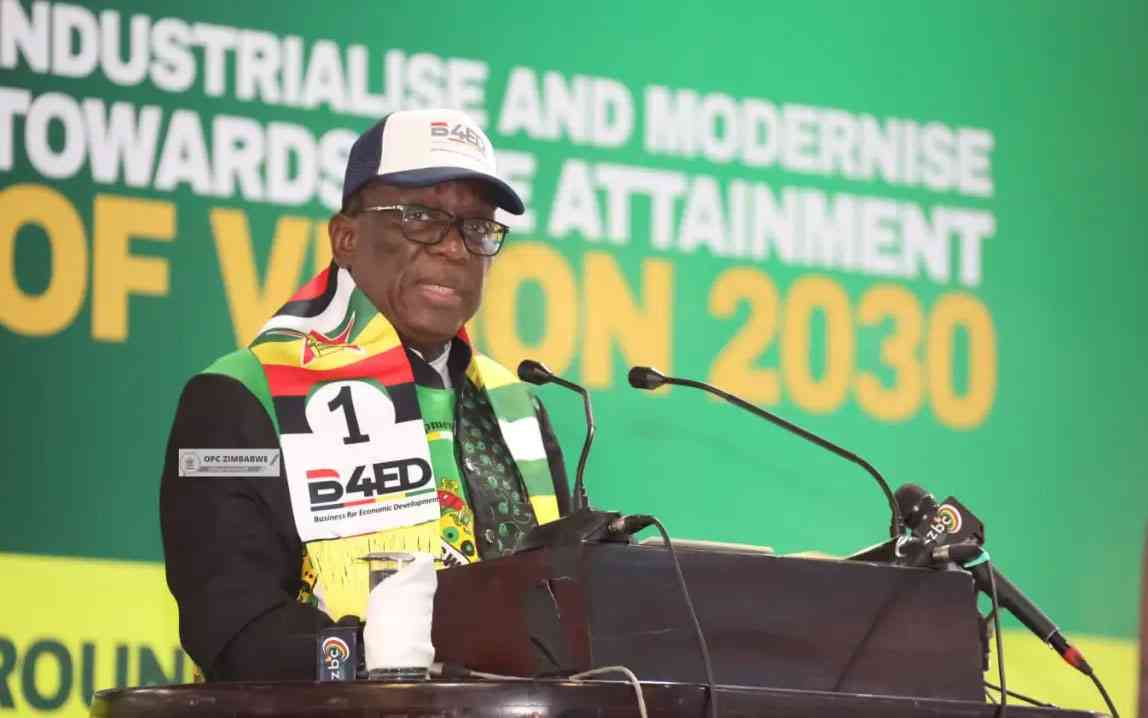
THE corner office. A coveted space of power, prestige, and a hefty paycheck.
But beneath the veneer of glamour lies a reality that is far less rosy. The chief executive officer (CEO)'s chair is a crucible, where immense pressure, complex dynamics, and even the leader's flaws can conspire to orchestrate a downfall.
So, how do once-promising executives end up falling and, in some instances, with huge consequences?
One pitfall lies in the perils of unchecked ego. Hubris, that inflated sense of self-importance, can morph CEOs into deaf monarchs, impervious to valuable input.
They prioritise personal glory over the company's well-being, steering it towards disaster. Yet, research paints a more nuanced picture. A study found that hubris, when paired with a strong, watchful board, can actually boost performance.
It is a tightrope walk, requiring a delicate balance between ambition and accountability.
Another common misstep is the inability to think and operate at scale. Leading a large organisation is no solo act. It demands juggling multiple departments, navigating intricate dynamics, and making decisions with far-reaching consequences.
When CEOs falter in this arena, the consequences are swift and brutal: inefficiencies, miscommunication, and a nosedive in performance.
- Govt to blame for donor dependency
- CSOs appeal to FATF on PVOs Bill
- Govt further tightens noose on NGOs
- Zim has failed to implement electoral reforms: EU
Keep Reading
Imagine a captain lost at sea, clinging to outdated maps while the ship flounders. That is the image of a CEO who cannot think big and delegate effectively.
Steering a company is also a constant negotiation, a balancing act between the needs of diverse stakeholders.
Shareholders eyeing profits, employees seeking stability, and customers expecting value — all vie for the CEO's attention.
Misreading these expectations or prioritising one group over another can lead to poor decisions and, ultimately, a fall from grace. It is a high-wire act, requiring not just business acumen but also the resilience to withstand pressure, the agility to adapt to diverse demands, and the finesse to navigate the often-murky waters of corporate politics.
Other factors, include the failure of the CEO to listen to internal staff. The CEO, who fails to listen, learn, and adapt, is like a ship captain clinging to the mast during a hurricane.
They miss market shifts, fumble internal challenges, and leave their companies vulnerable. Deaf ears and rigid minds are a recipe for disaster.
Instead, the CEO must be a constant learner, a keen listener, and a master of the pivot. Only then can they weather the storms of change and keep their companies afloat.
Cultural obliviousness is another hidden iceberg with dire consequences for the CEO. Leadership demands not just competence but also cultural intelligence.
It is about understanding and navigating the delicate dance of diverse values, beliefs, and behaviours that make up an organisation.
This means valuing differences and, most importantly, being aware of your cultural blind spots. It is a journey of self-reflection, challenging assumptions, and embracing curiosity. Only then can you build trust, foster empathy, and pave the way for clear communication across cultures.
However, even the most benevolent leader can succumb to defects such as incompetence, inflexibility, or the damaging duo of arrogance and narcissism. Picture a CEO adhering to antiquated strategies, disregarding warning signs, and committing repeated errors.
This is the trajectory of the incompetent leader, who can pull even the most promising company under.
On the other hand, the stubborn CEO is a remnant of a bygone era, sticking to familiar processes, while the world rapidly evolves. Innovation halts, adaptability dissipates, and competitors outpace them with ease.
Consider the overconfident narcissist, who believes they are the only architect of success. Ignoring opposing views and oblivious to potential dangers, they gamble irresponsibly, disregarding others in their self-centered quest for triumph.
Their downfall is usually dramatic, serving as a sobering lesson for those, who mistakenly think power outweighs wisdom.
So, what distinguishes the unsuccessful from the thriving? It appears that character serves as the essential lifeline.
Integrity, honesty, and humility — these are not merely trendy terms but the fundamental pillars that keep a company stable amidst tempestuous conditions.
A CEO devoid of these traits is akin to a ship's captain navigating with a defective compass, guiding their team on a perilous journey where trust disintegrates, loyalty fractures, and, ultimately, the company collapses.
Research provides an intriguing perspective. Leaders, who possess strong personal attributes — whether they are women, altruists, young leaders, or founders — are often successful in steering their organisations towards improved performance.
Their character acts as a magnet, drawing in talent, encouraging teamwork, and inspiring a sense of purpose. However, character in isolation is not sufficient.
Power, akin to a mighty river current, can misdirect even the most noble intentions. CEOs, who exhibit excessive pride, particularly those with unrestrained authority, are more prone to leading their companies towards disaster.
It serves as a stark reminder that even with the best intentions, the path to destruction can be paved when pride seizes control
In sum, the path of a CEO is loaded with potential pitfalls. Overconfidence, indifference, and inflexibility can all lead to disaster.
However, a robust character, cultural sensitivity, and an eagerness to learn can distinguish a triumphant tenure from a warning tale. It is crucial to understand that leadership is not about audacity but about humility, adaptability, and the unyielding dedication to serve those, who rely on you. Navigate cautiously, and may your journey be filled with longevity and success.
Nguwi is an occupational psychologist, data scientist, speaker and managing consultant at Industrial Psychology Consultants (Pvt) Ltd, a management and HR consulting firm. https://www.linkedin.com/in/memorynguwi/ Phone +263 24 248 1 946-48/ 2290 0276, cell number +263 772 356 361 or e-mail: [email protected] or visit ipcconsultants.com.










